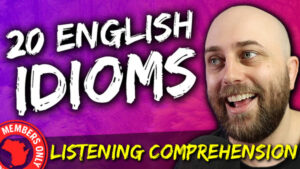
AE 961 - EXPRESSION:
In The Belly Of The Beast
Learn Australian English in this expression episode of the Aussie English Podcast.
These episodes aim to teach you common English expressions as well as give you a fair dinkum true-blue dose of Aussie culture, history, and news and current affairs

In today's episode...
I am going to teach you about the English expression “in the belly of the beast”!
Do you remember the children’s story about Pinocchio’s dad getting swallowed by a whale?
We got someone who experience just that in 2021.
In this episode, I will tell you the meaning of the expression, how the expression came about, give you situations where you can appropriately use the expression.
Also, I will talk about whales in Australia and introduce you to Migaloo!
Improve your listening skills today – listen, play, & pause this episode – and start speaking like a native English speaker!
Get more out of every episode!

Premium Podcast members get access to...
- All 900+ podcast episodes including member-only episodes
- Member-only episode video lessons
- Downloadable transcript PDFs & audio files for every episode

Recent Episodes:

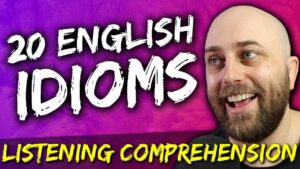
AE 1359 – 20 English Idioms To Transcribe
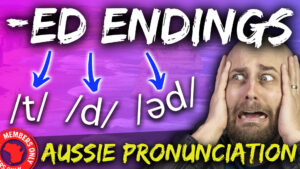
AE 1358 – How to Pronounce -ED Endings in Australian English [Members Only]
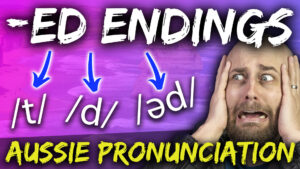
AE 1357 – How to Pronounce -ED Endings in Australian English

AE 1356 – Will AI Save Us Or Replace Us?
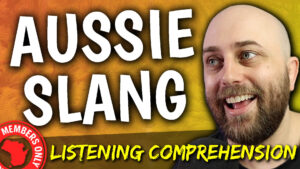
AE 1355 – 20 Aussie Slang Sentences Explained [Members Only]
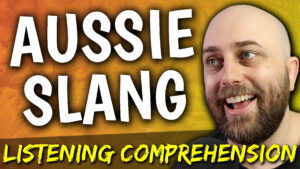
AE 1354 – 20 Aussie Slang Sentences to Transcribe

AE 1353 – The Goss: How the Australian Property Market Got Cooked!

AE 1352 – Pete’s 2c: How Can I Improve My Aussie Accent?

Share

Join my 5-Day FREE English Course!
Complete this 5-day course and learn how to study effectively with podcasts in order to level up your English quickly whilst having fun!


Want to improve a specific area of your English quickly and enjoyably?
Check out my series of Aussie English Courses.
English pronunciation, use of phrasal verbs, spoken English, and listening skills!

Have you got the Aussie English app?
Listen to all your favourite episodes of the Aussie English Podcast on the official AE app.
Download it for FREE below!
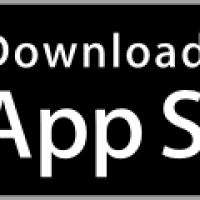


Want to improve a specific area of your English quickly and enjoyably?
Check out my series of Aussie English Courses.
English pronunciation, use of phrasal verbs, spoken English, and listening skills!
Leave a comment below & practice your English!






Responses
Hi Pete, when I click “Download PDF and MP3”, it shows me episode AE941 rather than 961. Could you please have a check?
Hey mate, sorry about that. All fixed 😀